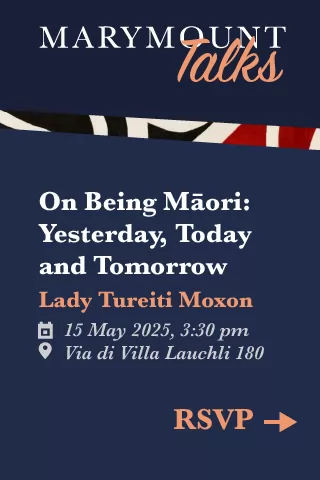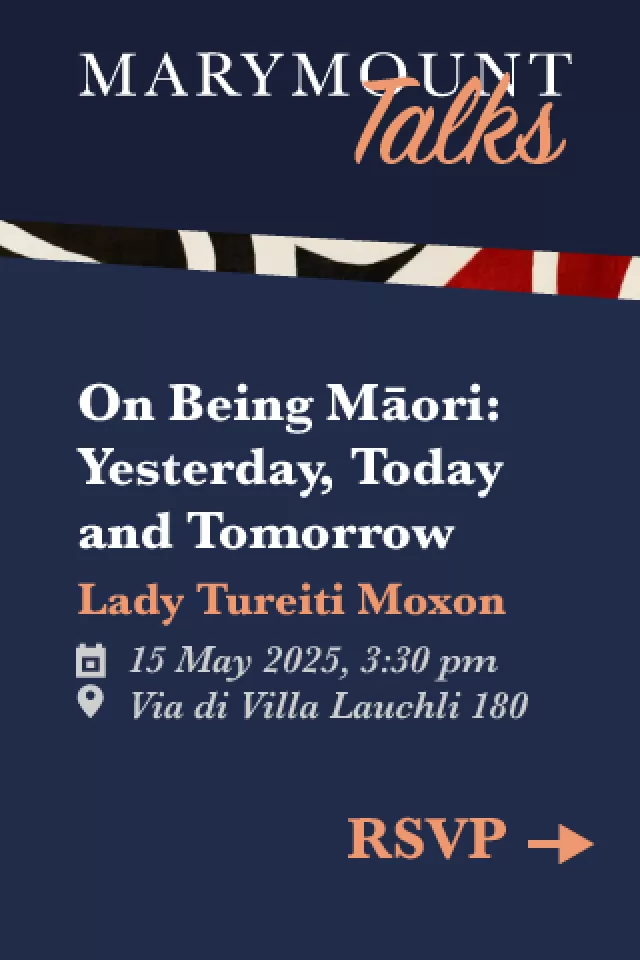Centre-right bloc to oppose any presidential bid by Draghi as Berlusconi bows out.
Former Italian prime minister Silvio Berlusconi has dropped his divisive bid to be elected as Italy's president next week, saying he is stepping back in the interests of national unity.
The 85-year-old billionaire and leader of the centre-right Forza Italia announced the news on Saturday night, claiming he would have had enough votes to win, despite the unlikely prospect of obtaining the required support among the 1,009 'grand electors'.
On Monday Italy's parliament will convene to begin the process of voting for a new head of state to replace Sergio Mattarella whose seven-year term of office ends on 3 February, with the electoral college comprising 1,009 parliamentarians and regional representatives.
"I have decided to take another step on the road to national responsibility, asking those who proposed it to renounce indicating my name for the presidency of the Republic," said Berlusconi, adding that the presidency “represents the unity of the nation.”
Opposition to Draghi bid
Berlusconi also announced that the 'centrodestra' bloc - which comprises Forza Italia along with the right-wing Lega and far-right Fratelli d'Italia (FdI) - opposes any bid for the presidency by premier Mario Draghi, the former European Central Bank chief who is seen as the frontrunner to replace Mattarella as Italy's 13th head of state.
Berlusconi said he wants Draghi to remain at the helm of the government until the scheduled end of the parliamentary term in spring 2023.
He also recalled his strong support of Draghi's appointment to lead the broad coalition after the fall of the executive of former premier Giuseppe Conte nearly a year ago.
Berlusconi, whose bid had been fiercely opposed by the centre-left Partito Democratico (PD) and the populist Movimento 5 Stelle (M5S), added that the Draghi government "must complete its work" as Italy recovers from the covid pandemic.
Draghi, who has long been touted as Italy's next president, is widely considered the most qualified figure to ensure the investment of the EU’s multi-billion post-pandemic recovery fund.
Reaction to Berlusconi move
The decision by Berlusconi to step back was welcomed on Saturday night by FdI leader Giorgia Meloni who hailed his "sense of responsibility."
Lega leader Matteo Salvini said Berlusconi "renders a great service to Italy and to the centre-right which will now have the honour and responsibility of advancing its proposals without any more vetoes from the left".
Welcoming the decision by Berlusconi to drop his "inadmissible" bid, M5S leader Giuseppe Conte called for the political parties to "begin a serious confrontation" to offer "a high-profile, authoritative, widely shared figure."
PD leader Enrico Letta has repeatedly called for Italy's next president to be a bipartisan figure.
Mario Draghi
Draghi has consistently refused to confirm or deny his interest in the role but recently he hinted strongly that he would be willing to switch from prime minister to head of state.
A move by Draghi to the Quirinale would risk political turmoil, either triggering elections a year ahead of schedule or resulting in the installation of a new premier.
The option of Mattarella remaining as president, at least until 2023, is extremely unlikely.
Mattarella, 80, has repeated scotched this idea and has reportedly signed a lease to rent an apartment in Rome.
The outgoing head of state is currently at his home in Palermo from where he will observe proceedings in the capital.
Potential contenders
With time rapidly running out before parliament convenes on Monday, the names being floated as possible candidates for the top job continues to grow.
The long list includes former premiers Giuliano Amato and Paolo Gentiloni, current justice minister Marta Cartabia, former lower house speaker Pier Ferdinando Casini, current senate speaker Maria Elisabetta Alberti Casellati, and founder of S. Egidio Community Andrea Riccardi.
How is Italy's president elected?
The are no official candidates, and lawmakers can vote for literally anyone they like, provided they are an Italian citizen aged 50 or over.
Italy's president is elected by both houses of parliament in joint session plus three representatives from each region.
Voting is held in secret and a two thirds majority is needed on the first three ballots and then after that by an absolute majority.
Role of Italy's president
Although largely ceremonial, Italy's head of state plays a key role during times of political crisis.
The president has the power to appoint a prime minister, as seen when the Conte government collapsed in February 2021, paving the way for Draghi's coalition.
The president's term of office is seven years, with an annual salary of about €239,000.
Voting for Italy's new president is expected to take several days. Photo ANSA


















